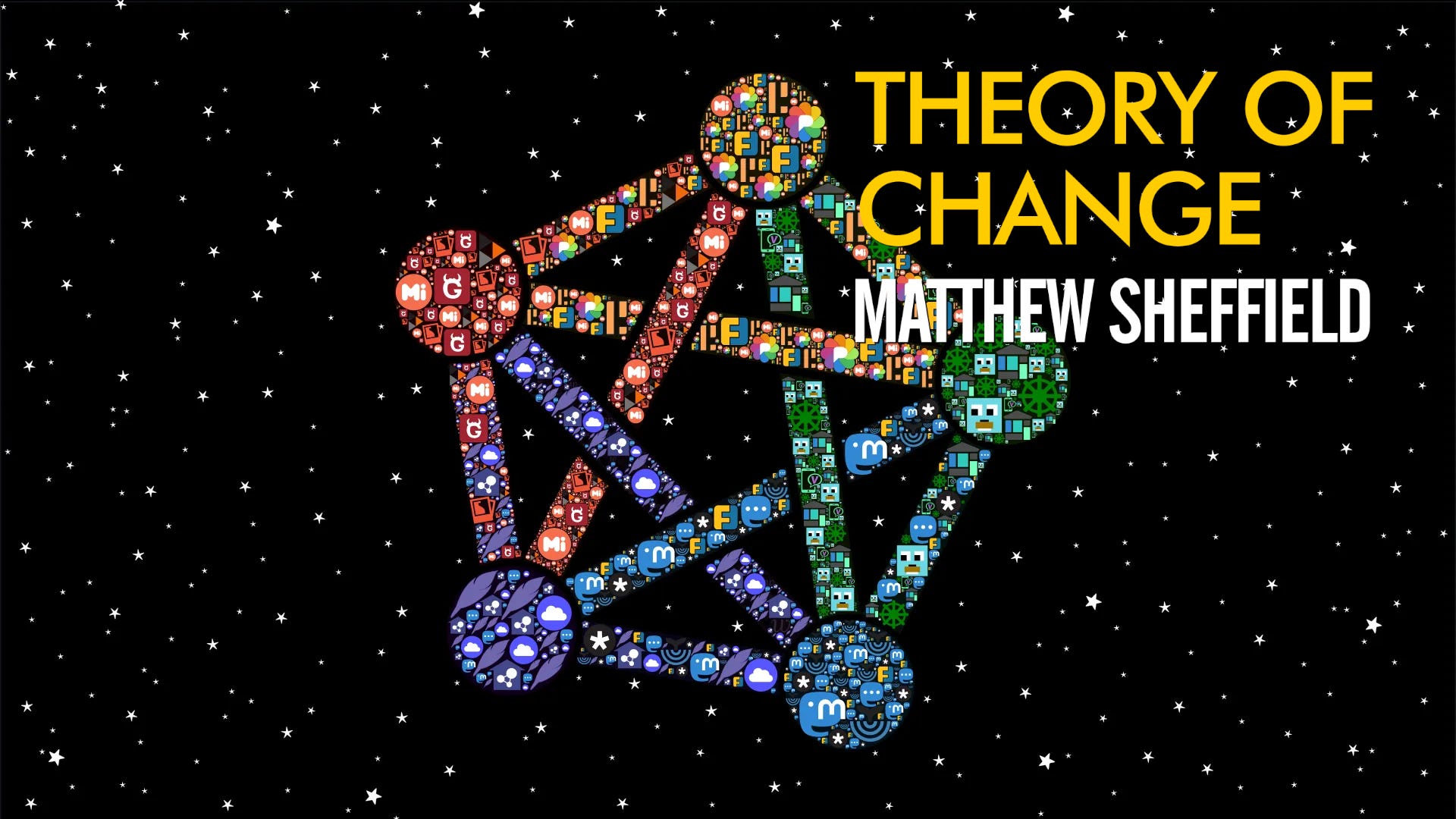With each passing day, Elon Musk is making Twitter worse. He’s done everything from allowing neo-Nazis and trolls to come back after being banned to locking out developers and academics who want to use Twitter’s Application Programing Interface or API to make interesting and important projects.
A lot of people have had enough and they’re heading for the exits to places like Spoutible, Substack, and Post. The most popular destination by far, however, has been Mastodon. Just recently, Mastodon hit 10 million users, which is pretty incredible considering that while it has a lot of similarities to Twitter, the technology behind it is very different from centralized social media sites like Facebook and Twitter. Anyone can run a Mastodon server or “instance,” which you can use just for yourself or a community.
But you can also use your Mastodon instance to connect or “federate” to the larger world through an open protocol called ActivityPub which is so flexible that people have used it to build alternatives— not only to Twitter, but also to Facebook, Instagram, and YouTube. These servers communicating together are called The Fediverse, as in the universe of federated servers—a network of social media networks.
If you’re not a tech person, that concept may seem kind of hard to understand, there is short video made by the YouTuber “Black Indigo” which explains it in a bit more detail.
While it may seem like just a thing for computer geeks, the reality is that the Fediverse is a really exciting technology innovation, one that can and already has helped to empower regular people, non-profit organizations, and governments to imagine and operate the internet in a way that isn’t just about putting money in the pockets of billionaires like Elon Musk or Mark Zuckerberg.
Joining me to discuss all of this in much greater detail are two different guests. Dan Gillmor is a veteran technology writer who is also a professor of journalism at Arizona State University. Darius Kazemi is programmer and internet artist who also maintains a version of the Mastodon software called Hometown.
MEMBERSHIP BENEFITS
This is a free episode of Theory of Change. But in order to keep the show sustainable, the full audio, video, and transcript for some episodes are available to subscribers only. The deep conversations we bring you about politics, religion, technology, and media take great time and care to produce. Your subscriptions make Theory of Change possible and we’re very grateful for your help.
Please join today to get full access with Patreon or Substack.
If you would like to support the show but don’t want to subscribe, you can also send one-time donations via PayPal.
If you're not able to support financially, please help us by subscribing and/or leaving a nice review on Apple Podcasts. Doing this helps other people find Theory of Change and our great guests. You can also subscribe to the show on YouTube.
ABOUT THE SHOW
Theory of Change is hosted by Matthew Sheffield about larger trends and intersections of politics, religion, media, and technology. It's part of the Flux network, a new content community of podcasters and writers. Please visit us at flux.community to learn more and to tell us about what you're doing. We're constantly growing and learning from the great people we meet.
Theory of Change on Twitter: https://twitter.com/TheoryChange
Matthew Sheffield on Mastodon: https://mastodon.social/@mattsheffield
Matthew Sheffield on Twitter: https://twitter.com/mattsheffield
This is a public episode. If you’d like to discuss this with other subscribers or get access to bonus episodes, visit theoryofchange.flux.community/subscribe












